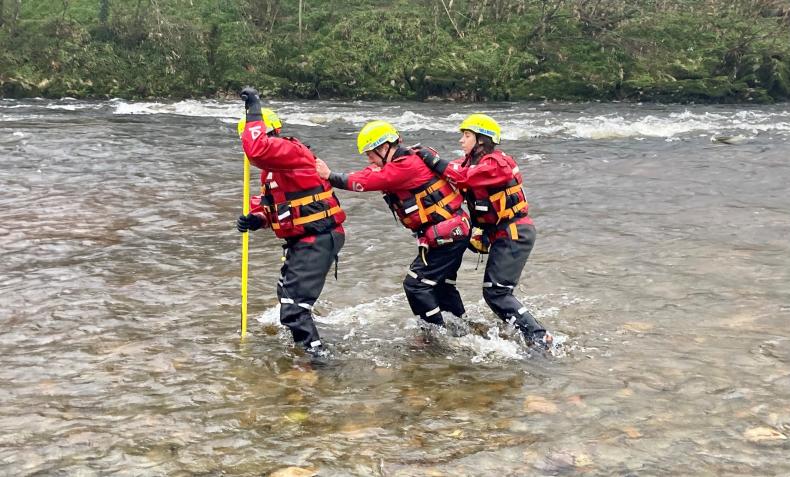Resourcing and Talent
At Cumbria Fire and Rescue Service, we are passionate about delivering fair, supportive, and transparent recruitment processes.
On this section of our web pages, we have information for:
- Managers who are recruiting or who have identified high performing employees,
- Staff who are considering promotion and development,
- Candidates who are interested in joining our service and would like to learn more about how we run our processes.
These pages are managed by our dedicated Resourcing and Talent team, who can be contacted directly via email: Recruitment@cumbriafire.gov.uk
Ready for your next step?


On-Call Firefighter Recruitment
For information about how to join our On-Call Stations, please click the link below.

Recruitment and Appointment
For CFRS Managers who are looking to recruit to corporate roles or teams, please click the link below.

Wholetime Firefighter Recruitment
For information about when we are recruiting to Wholetime Firefighters and what the process will entail, please click the link below.

Promotion and Development
For anyone looking to progress in their career with CFRS, please click the link below.

Onboarding and Probation
In this section you will find the dedicated induction booklets and key information.

Safer Recruitment and Employment (DBS)
For information on DBS and Safer recruitment, please click the link below.

Why work for CFRS?
Want to know why working for CFRS might just be your best career move yet? Click the link below!

Leaving Employment
This section is for both those who are considering leaving/retiring, and for managers who have an employee who is leaving/retiring. For more information, please click the link below.
Policies, Procedures and Documents
Recruitment Appointment and Induction Policy - here (WORD)
Recruitment, Appointment and Induction Procedure - here (WORD)
Safer Employment and Criminal Convictions Procedure & Appendices - found here
Individual Policies and Processes
- Operational Promotion Board Policy (WORD)
- Transfer Policy (WORD)
- Career Grade Scheme (WORD)
- Exit Interview Policy (WORD)
- Induction toolkit (WORD)
- Market Supplements
- Relocation Assistance scheme (WORD)
- Volunteering Charter
Additional Guidance:
- Resourcing and Talent Guidance
- Resourcing Options Guidance
- Veterans Guaranteed Interview Scheme
- Suitability of Ex-Offenders
Key Forms
Please note, where the below document isn't linked, this means it sits with the Resourcing team and will be issued by them. If you have any queries, please email: Resourcing@cumbriafire.gov.uk
- CFRS Application form
- RT1 - Vacancy Approval Form
- RT2 - Shortlisting Spreadsheet
- RT3 - Invite to Assessment letter
- RT4 - Interview Question Scoring Sheet
- RT4.1 - Drill Ground Assessment Sheet
- RT5 - Candidate Notes sheet
- RT6 - Outcome Form
- RT7 - Managers Checklist - coming soon!
- RT8 - AEP Form
- RT9 - EPW Business Case
- RT10 - IR35 Status Determination Statement
- RT11 - Casual Workers Agreement
- RT12 - Inward/Outward and General Secondment Agreement
- RT12.1 - EPW Consultancy Agreement
- RT13 - Interview Expenses Form
- RT14 - Exit Interview Questionnaire (FORM)
